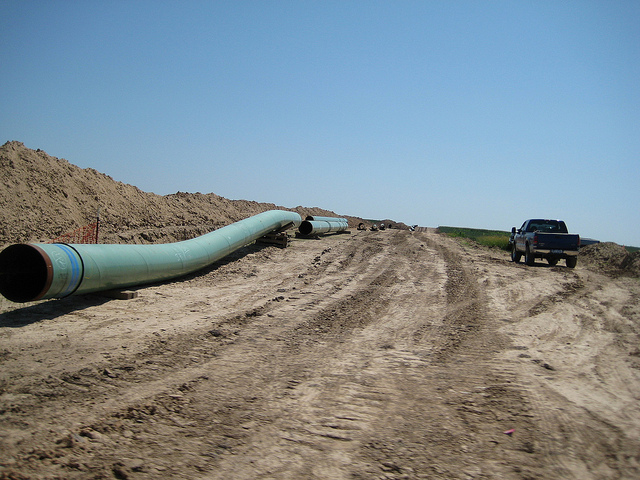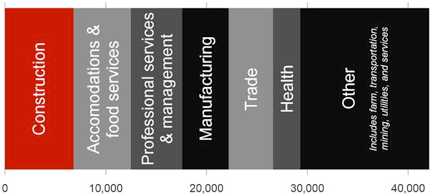
One of the first moves of the new Congress is passing legislation that would approve the Keystone XL Pipeline for construction. Keystone, you may remember, is a pipeline that would carry over 800,000 barrels of oil per day from Alberta, Canada to American refiners in Texas and Oklahoma. Unfortunately, President Obama has announced that he will veto the bill allowing construction workers to be begin a project that has a 72 percent approval rating.
In a letter to the House of Representatives, ATR president Grover Norquist debunks some of the Left’s canards and highlights Keystone’s job creation numbers:
The State Department’s own 2014 Environmental Impact Statement estimated that “during construction, proposed Project spending would support approximately 42,100 jobs (direct, indirect, and induced), and approximately $2 billion in earnings throughout the United States.” Jobs are good.
Next, the State Department rebutted the misinformation propagated by President Obama’s liberal base about Keystone’s impact on oil sands production: “Approval or denial of any one crude oil transport project, including the proposed Project [Keystone Pipeline], remains unlikely to significantly impact the rate of extraction in the oil sands, or the continued demand for heavy crude oil at refineries in the U.S.”
Canadian oil sands will be produced, refined, and used. The only real question is how will this oil get to market? Will Canadian crude be shipped by pipeline to American refiners? It should. Pipelines are the most efficient way to transport oil and American refiners are the cleanest in the world.
The good folks over at the Senate Republican Policy Committee (RPC) have an excellent graphic illuminating exactly what types of jobs the State Department thinks will be created.

RPC goes on to debunk many of the Left’s claims about Keystone, like its construction will increase greenhouse gas emissions:
§ The State Department concluded in January 2014 that the project is “unlikely to significantly impact the rate of extraction in the oil sands or the continued demand for heavy crude oil at refineries in the United States.” So greenhouse gas emissions associated with these activities would remain unchanged.
§ Even without the pipeline, and with low oil prices, oil sands will continue to be developed. “The dominant drivers of oil sands development are more global than any single infrastructure project,” the State Department reported. “Oil sands production and investment could slow or accelerate depending on oil price trends, regulations, and technological developments, but the potential effects of those factors on the industry’s rate of expansion should not be conflated with the more limited effects of individual pipelines.”
§ The State Department also reported that transmission of oil through the pipeline would reduce annual greenhouse gas emissions by 28 to 42 percent compared with alternative transportation options.
Unfortunately, appeals using logic, science, or economics are lost on the current Administration. The House and Senate will send the Keystone legislation to the President and he will veto it. It is up to us to try and pick off enough Democrats to override the Obama’s veto.

